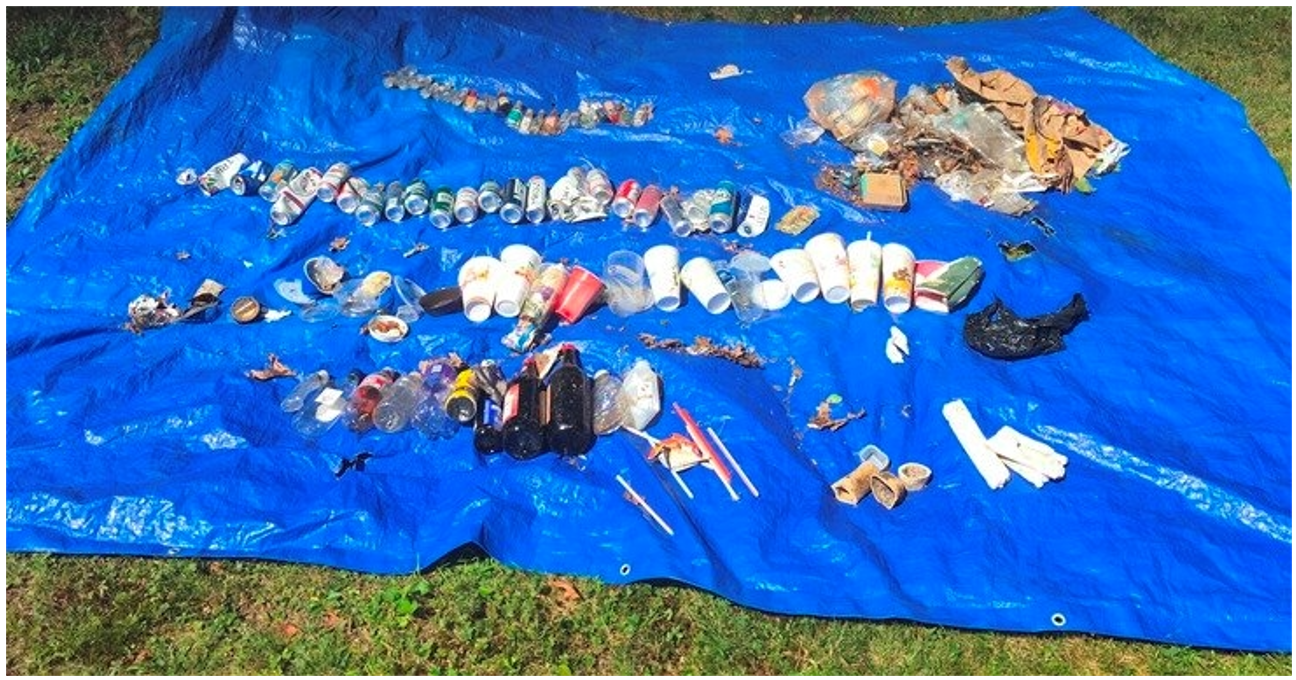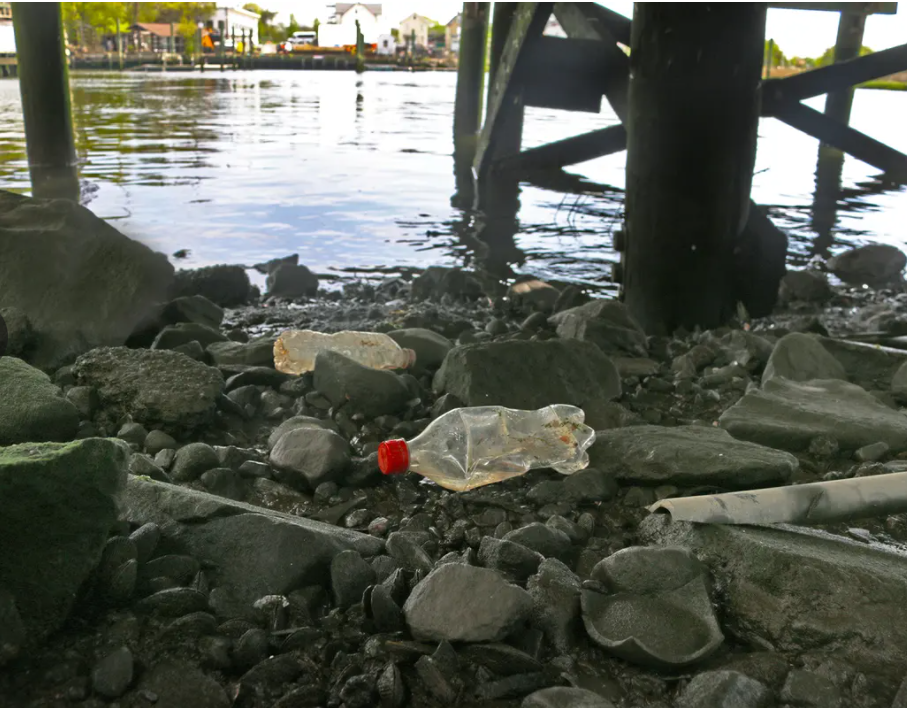The Problem
Marine debris is a worldwide anthropogenic crisis severely impacting marine species, marine ecosystems, and human uses of the coastal and ocean environments. Plastics are a major component of marine debris, with many millions of metric tons entering the world ocean every year. Single-plastics represent about half of the global plastics and production increases every year. Grappling with marine debris from single-use plastics is critically important globally and within the Long Island Sound watershed.
Project
To address this critical problem, the project focuses on targeted education, engagement, and outreach concerning plastics use, pollution, and marine debris prevention. The project is funded through the Long Island Sound Futures Fund by the National Fish and Wildlife Federation. The focus area is Groton and New London, CT, environmental justice communities along eastern Long Island Sound. This two-year project will actively engage and educate a diverse high school student target audience, collaborate with teachers and community partners, accomplish marine debris prevention through student-driven projects, and raise community awareness about marine debris. The main project objectives are to:
1) Educate high school students on marine debris and waste cycling.
2) Guide students in designing and completing Green Scholars projects on marine debris prevention.
3) Measure outcomes of Green Scholars projects for marine debris prevention and community impacts.
4) Add Marine Debris Tracker student users and volunteer at existing beach cleanup events.
5) Engage through community outreach and share outcomes through the project website.
Partnerships among University of Connecticut, Ella T. Grasso Technical High School, Seaside Sustainability, and Southeastern Connecticut Regional Resources Recovery Authority are key to accomplishing project objectives.
Debris
 |
| Roadside debris (mostly single-use plastics) collected in Groton, CT (Photo credit: Groton Conservation Advocates). |
 |
| Single-use polystyrene food container debris (Photo credit: CT Mirror) |
 |
| Single-use plastic water bottles contributing to marine debris in Connecticut (Photo Credit: R. J. Scofield, Patch Staff). |
Resources
Long Island Sound Marine Debris Action Plan
NOAA Marine Debris Program – Education
Long Island Sound Study Marine Debris
Sound Health Explorer – Marine Debris
National Geographic – Marine Debris Education